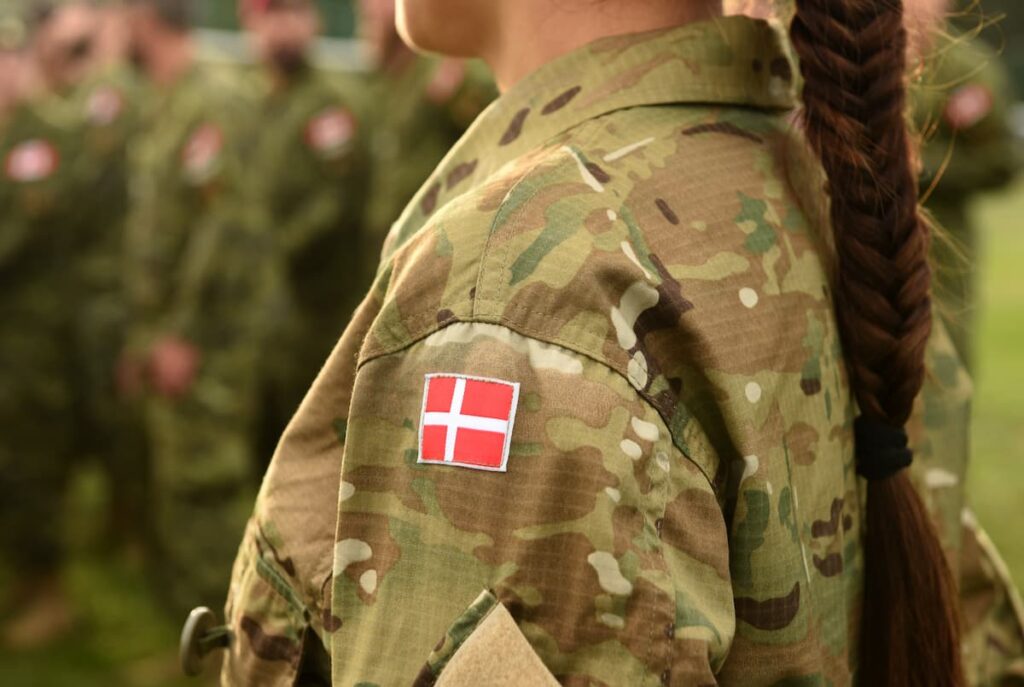A Historic Shift in Military Policy
Denmark has officially taken a significant step toward gender equality in national defense by implementing a new policy that includes women in its mandatory military conscription system. This change marks a historic shift for the country, where previously only men were required to register for conscription, while women could join the military voluntarily. Now, all individuals turning 18—regardless of gender—must register for military service and may be selected through a lottery if not enough volunteers come forward.
The move aligns with a broader trend seen in neighboring Nordic countries such as Sweden and Norway, both of which have already introduced compulsory military service for women in recent years. Denmark’s decision comes amid rising geopolitical tensions and an increased emphasis on national security and defense preparedness across Europe.
From Voluntary to Obligatory: What Changes?
Previously, young Danish women had the option to join the military if they wished, contributing to a small but meaningful portion of the annual conscripted force. In recent years, about a quarter of those completing the short-term military service were women who chose to do so voluntarily. However, under the new rules, participation is no longer optional.
All 18-year-olds, regardless of gender, are now required to register for military service. Those who volunteer will still be prioritized, but if the number of volunteers is insufficient to meet the annual requirements, a lottery system will determine who among the remaining registrants will serve. Additionally, the duration of service has been extended from four to eleven months, reflecting the military’s need for more comprehensive training and readiness.
The shift is designed to build a more robust and diverse military force, better prepared to respond to contemporary security challenges. By broadening the recruitment pool, Denmark aims to strengthen its defense capabilities and ensure that all citizens share the responsibility of national service equally.
Military Growth and Strategic Goals
This policy update is part of Denmark’s broader plan to enhance its defense infrastructure. In addition to including women in conscription, the government has committed to a substantial increase in defense spending to meet NATO benchmarks. The goal is to reinforce the country’s ability to respond to potential threats and to contribute more effectively to international military alliances.
Currently, the Danish armed forces consist of around 9,000 professional personnel. The number of conscripts—previously about 4,700 annually—is projected to rise to 6,500 over the next decade as a result of this expanded approach. By increasing the size and training duration of its military personnel, Denmark is strategically positioning itself for greater defense resilience and operational strength.
This modernization of the conscription model is not only a response to evolving security demands but also a reflection of changing societal values. The inclusion of women signals a commitment to fairness and equal duty, emphasizing that national security is a shared responsibility.
Reactions and Future Outlook
The reaction to this legislative change has been largely positive within Denmark. Supporters argue that it promotes gender equality and acknowledges the valuable contributions women can make to the armed forces. The military leadership also views the shift as a timely and necessary adaptation to the global security environment.
Young women entering adulthood in Denmark will now undergo the same registration and selection process as their male counterparts, potentially joining the Army, Navy, Air Force, or Special Operations Forces depending on their skills and the nation’s needs. This unified approach aims to better integrate training, teamwork, and long-term cohesion across all branches of the military.
As Denmark moves forward with its new conscription system, it joins a growing list of countries rethinking traditional models of military service. With this bold policy, the nation not only enhances its readiness and defense strategy but also sends a strong message about inclusivity, resilience, and collective national duty.


